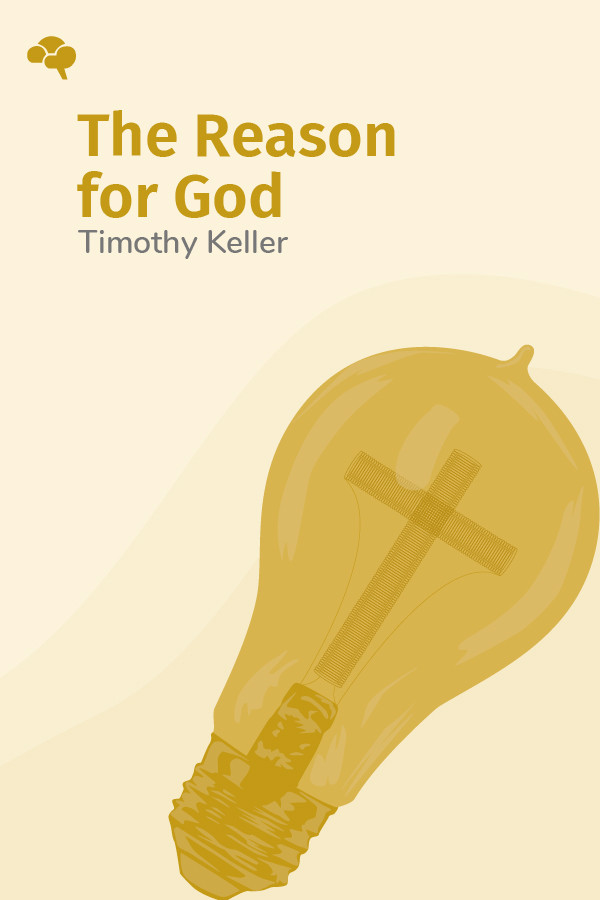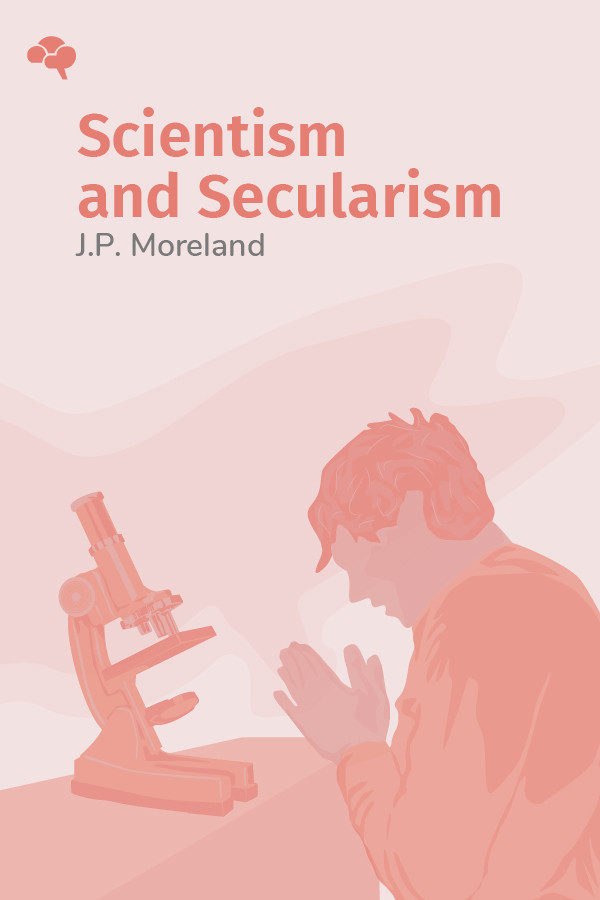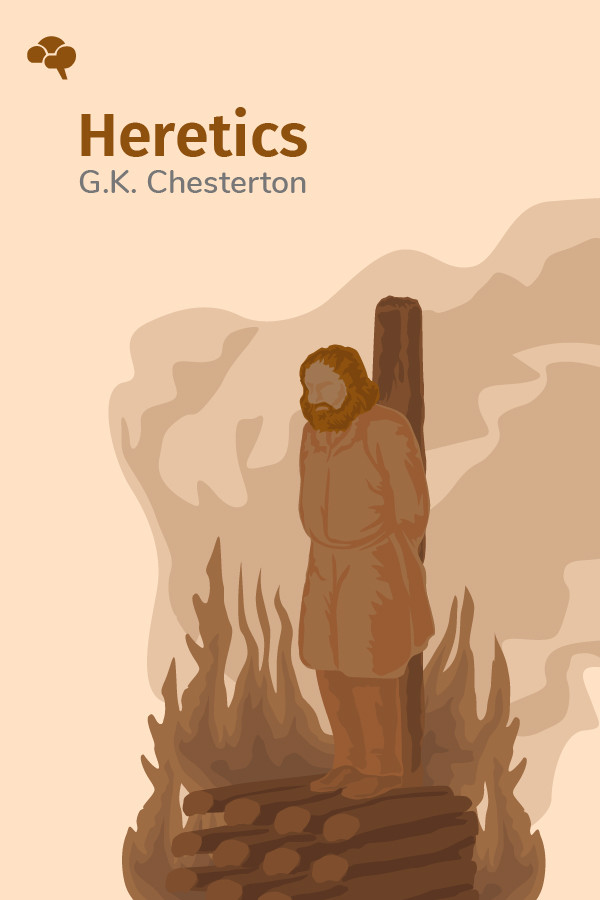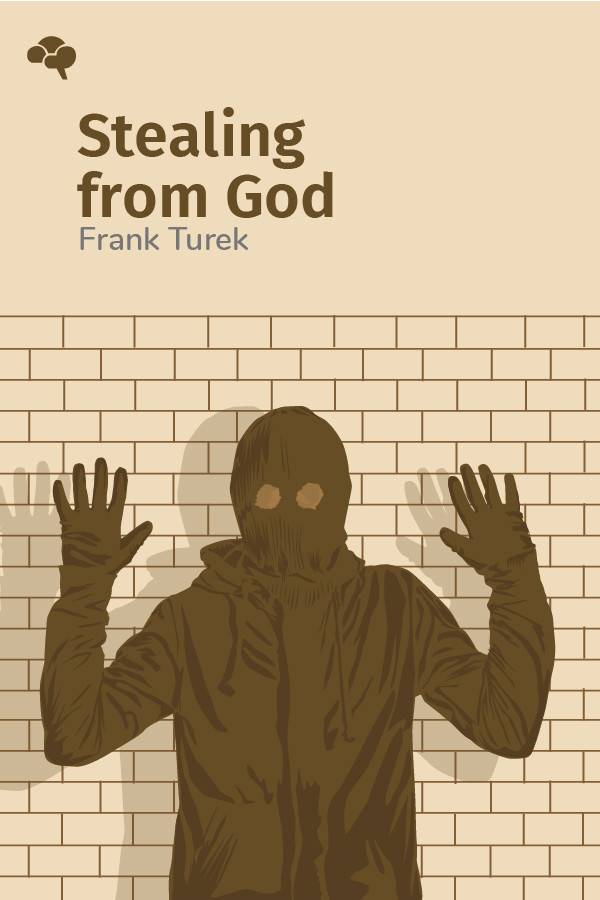Key Insights From:
Aristotle’s Children: How Christians, Muslims, and Jews Rediscovered Ancient Wisdom and Illuminated the Middle Ages
By Richard E. Rubenstein

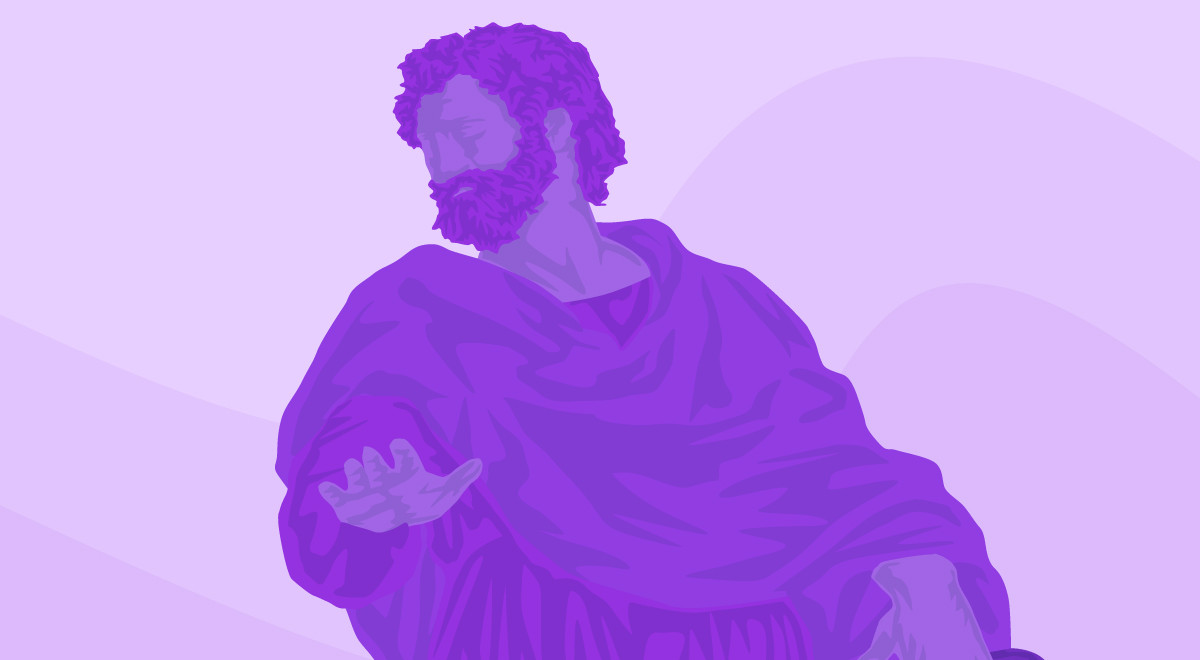
Key Insights From:
Aristotle’s Children: How Christians, Muslims, and Jews Rediscovered Ancient Wisdom and Illuminated the Middle Ages
By Richard E. Rubenstein
What You'll Learn:
Richard E. Rubenstein (1938-) is an author and Professor of Conflict Resolution and Public Affairs at George Mason University, holding degrees from Harvard University, Oxford University, and Harvard Law School. He has written numerous books analyzing periods of violent and non-violent conflicts across human history. He has also been a part of numerous peace movements regarding domestic and international issues in the 1960s and 70s. In Aristotle’s Children, Rubenstein analyzes the reclamation of Aristotelian thought in the Middle Ages, with an emphasis on the response of the Roman Catholic Church.
Key Insights:
- After the decline of the Roman empire, classical civilization was preserved in Muslim countries.
- The intellectual culture of Christendom at this time applied rational methods to the mysteries of its faith.
- Despite an initial ban on Aristotle, numerous Christian communities sought to reconcile his philosophy with Christian theology.
- Reading Aristotle raised questions for the Medieval Church about the intersection of philosophy and theology.
- In the late 13th century, some radical Christian philosophers divided philosophical and theological truth.
- In the 14th century, William of Ockham sought to defend God by separating reason and faith.
